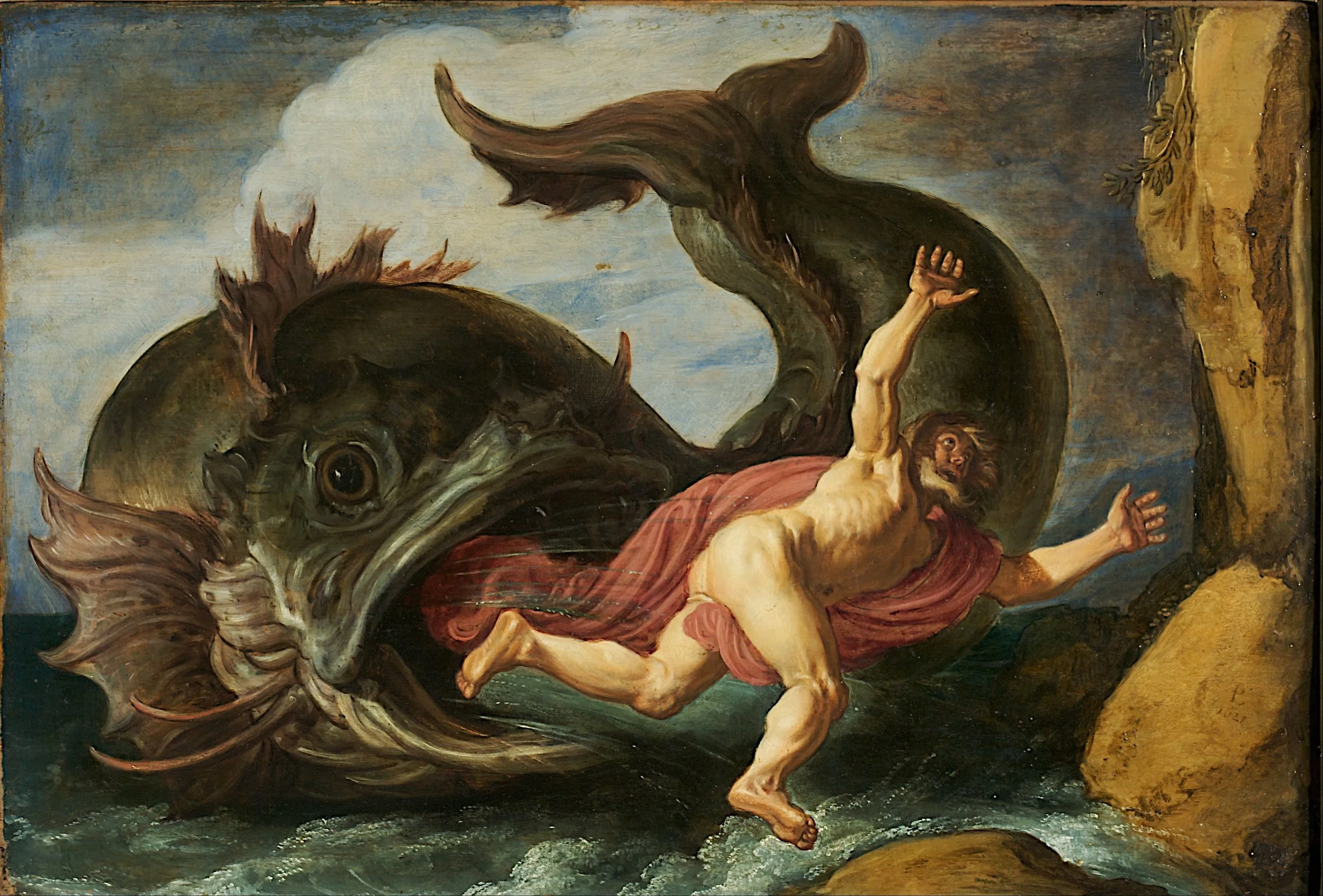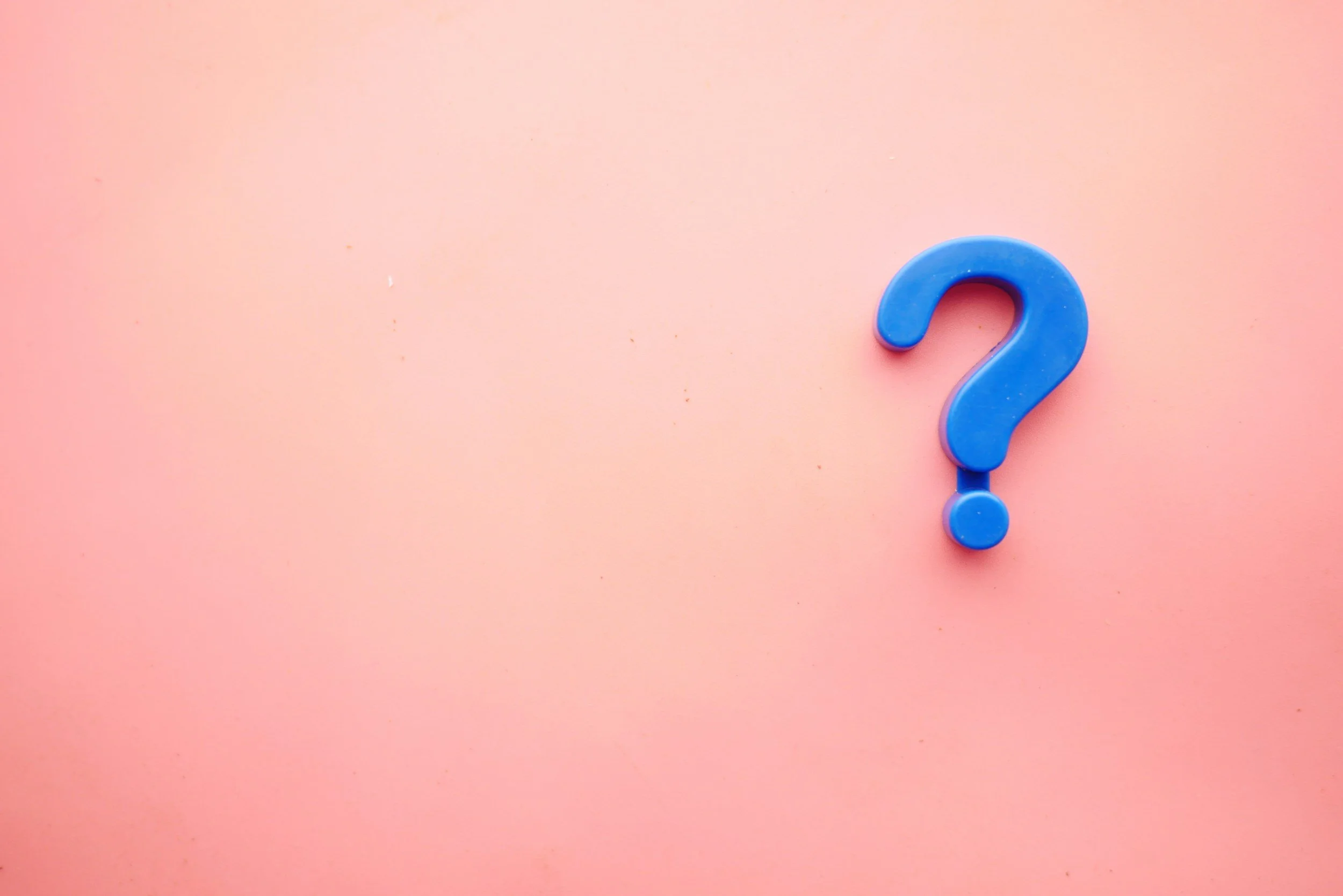19th Century Los Angeles
The Catholic church had not been well served by clergy in early times. The missions were established by fathers rather than priests and it had not been the seat of an archbishopric. In 1853 Tadeo Amat became the bishop of the diocese that included all of Alta California, from Monterey southwards. This would bring a wave of change in the way that Catholics of Los Angeles practiced their faith.
Shattering the Tablets
Why did Moses break the tablets? Did he break them, or did they slip out of his hands due to the shock of what he saw? Was it a calculated decision or a heat of the moment act?
Two poems by Melech Ravitch
The following are two poems from his 1921 collection of poetry, influenced by the modernist movement, called Nakete Lider (Naked Songs.) I (Malke) shared “Solitude” during the Musaf service on Day 1 of Rosh Hashanah.
The Day After Yom Kippur
We reach a high point in the Ashamnu prayer well into the repetition of the Amidah. We rise and beat our breasts as we intone each of the categories of sins that we have committed. The “we” is important, because the list is long. Have we all been violent, and killed and robbed? Are all of the sins that we committed exactly the same as the sins that others among us committed? No, but we take responsibility for all of the sins that we have committed as a community. When we are standing before God we know that we can’t all save ourselves.
The True Danger of Molech
Our true faith in God is living with confidence that the only thing that we can do in order to live a happy life, is not live our life in a constant fear, attempting to protect ourselves from a punishment which may or may not come due to us being too happy or too evil.
The Joy of the Rooftop Sukkah
Our Sukkahs are Temples that we build. This Time of our Happiness (Zman Simchateinu) gives us permission to enact a version of another vision of Zechariah’s: that one day, all the pots of the people of Israel can be used for sacrifices. All Israel will become priests. We rejoice with the Lulav and Etrog, the Palm, Myrtle and Willow combined, and the Citron, and share our sacred vegetation and fruits with others for their ritual needs.
Yearning for Unity
Learning how to be silent and listen to others, inside and outside of our community, even when I strongly disagree with them, has helped me in my process of return.
Choosing Follows You
The Book of Jonah, which we will read on Yom Kippur in just a few weeks, tells the story of a man who was chosen by God and refused the call. He tried to flee, travelling as far as one could travel in those days, and ended up on a boat seized by a violent storm as it travelled.
Decency is Bravery
The American way of thinking is, at the root, libertarian. We believe that we have an innate right to “Life, liberty and the pursuit of happiness.” As Jews, there is another voice that is always in our ear. Yes, we have individual responsibilities, but we do not fulfill those responsibilities for ourselves alone.
Standing Alone in the Collective
The lonelier and more fragmented our society becomes, the more we feel the need to belong, to be a part of something, even if it means to conform. The rise in fascist tendencies and authoritarianism worldwide is not accidental. The need to belong and to find meaning becomes so crucial, that in some situations it would inevitably crush any resistance to it, any minority opinion, and with it, human rights.
Climate Change and Kiddush Hashem
Being concerned over climate change is a moral imperative, but can it be considered a legal imperative in Jewish law? I believe it is possible to conceive of it as such, and in doing so, can enlighten forgotten corners of our own religion.
Teshuvah
Simply put, Teshuvah is the act of return. The first and most immediate questions then are: return to where and return from where. The distance between ourselves and God is best understood as a kind of alienation. We have let our actions grow into an obstruction between us and God, and that obstruction has made it uncomfortable for us to speak.
Shtetls in Maine
I did not expect to learn about Jewish history in Maine. My family there is not Jewish, but when I read Yiddish literature that describes devastating winters in Eastern Europe as endless miles covered in white, tundra-like nothingness, I am always reminded of how my mother describes her rural childhood in Maine.
אַ צװייטן שאַנס
אין אוניװערסיטעט, אַ באַקאַנטער האָט מיך געעצהט אַז איך זאָל װערן אַ חזן, נישט קײן רבֿ. איך האָב דעמאָלט עס גערעכענט פֿאַר אַ באַלײַדונג. פֿאַרװאָס נישט קײן רבֿ? איך בין נישט גוט גענוג, קלוג גענוג?
Looking Inside
According to Jung, the process of Individuation is the journey one must take to discover or rather remember ones true Selves. The only way to do so is to confront our Shadow and access our unconscious.
Intro to the Der Nister FAQ
Last Sunday, after fielding perhaps too many questions over the previous week, I took a few swigs of Yemeni Adeni Chai, let the caffeine flow through my veins, and typed out seven pages of questions that Rabbis Hollander, Rosenfeld and I had heard at least five or more times each over the years. Rabbi Hollander provided some key input on the books, but the Chai provided the stamina for me.
Living with Joy
Everyone of us lives our lives with a mixture of joy and sorrow, ease and suffering.
Reason, the ‘Unrevealed Religion’
After reading Love’s Work, I texted my chevruta who recommended it to say that I disagreed strongly with Rose’s account of Judaism: non-belief, absent from nature, characterized by reason. Her account seems to understand Judaism through Protestantism, which Rose herself acknowledges as the path that defined her re-entry into Jewish tradition.
First in Thought, Last in Deed
What does it mean to say Shabbat was “last made, but first planned?” Let’s consider Alkabetz’s idea that Shabbat is a person, a queen. The personification of this day is not unique — it is the core of Kabbalat Shabbat as a concept, in which the Kabbalists would wait in the fields to welcome the Sabbath bride.





















